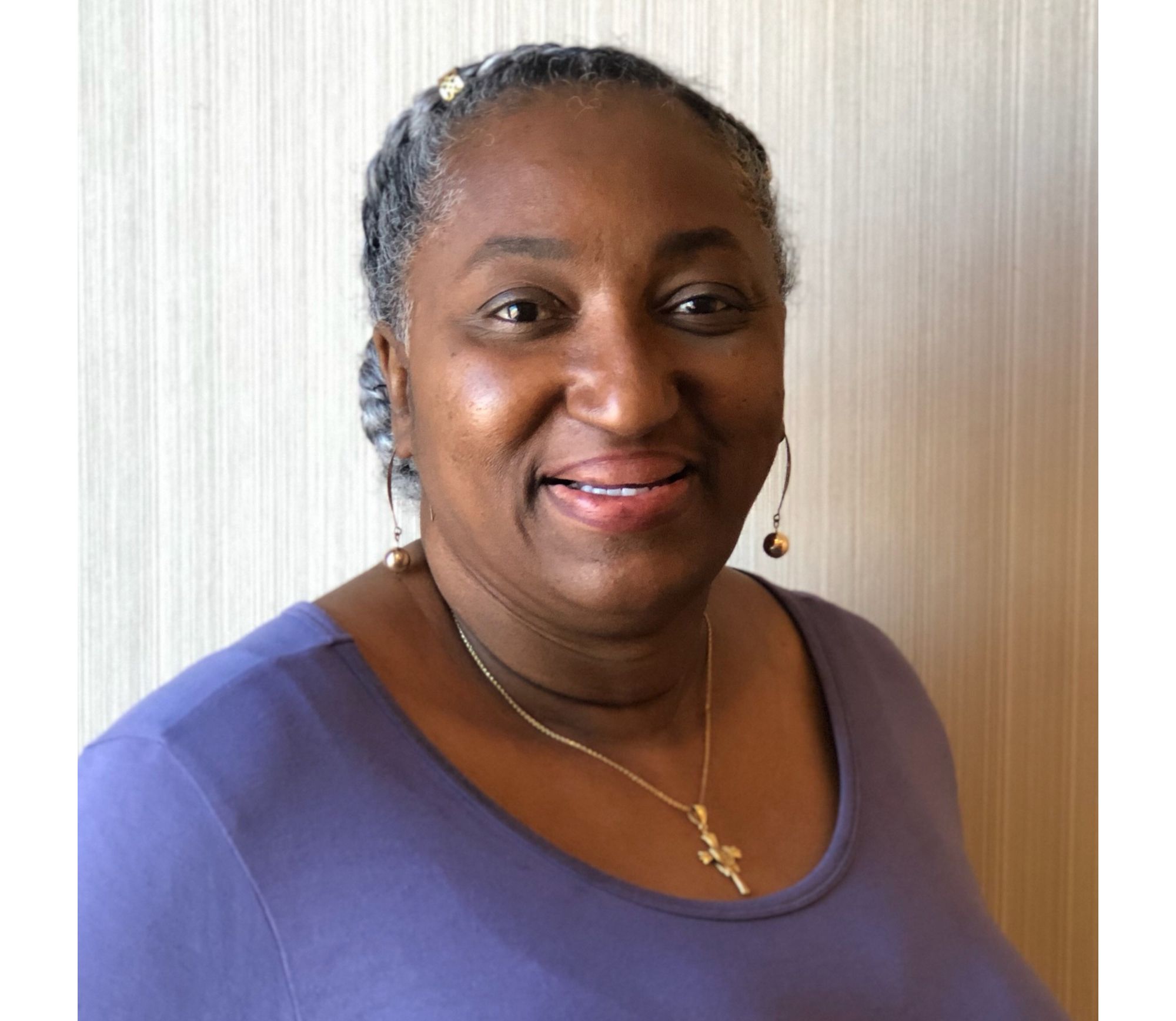Just months before my grandbaby was about to arrive, I found I was extremely tired. I had a bad cough and a dull headache, and I was short of breath. I called my doctor, hoping he would call in a prescription antibiotic for me. But he wanted me to come into the office. I didn't have time for that so I just ignored it and hoped I would feel better. Weeks went by and I didn't feel any better. I was sure it was the flu or some type of infection so I called my doctor again, hopeful that he would change his mind and just call in a prescription. But again, he insisted I come in. I decided to buy some over-the-counter cough and cold medicine and keep on going.
At the time, I worked as a social worker, was helping out my 85-year-old mom, and taking care of my other grandchild. I was busy! But as I was driving to work one day in February, about 8 weeks after I had first started feeling sick, I noticed that I felt extremely short of breath. I called the doctor again and he said to go right to the hospital and get a chest x-ray. Realizing I could no longer put this off, I listened to his advice and went to get the x-ray. Upon seeing fluid in my chest, I was diagnosed with pneumonia and admitted to the hospital.
However, after three days of IV antibiotics, I was still extremely short of breath. My doctor decided to do an EKG and a cardio workup. We were both surprised when he told me I had heart failure with reduced ejection fraction at 17 percent while normal is between 55-70 percent. This indicates how much blood the left ventricle pumps out with each contraction and can be used to help diagnose and track heart failure. My low ejection fraction means I am at greater risk of life-threatening irregular heartbeats. I had never had any serious illness, so this was shocking! I was 57 years old and felt like I was in great health. Other than taking a statin for high cholesterol, I had no health issues and always went for my annual doctor appointments.
My cardiologist spent a good amount of time explaining what heart failure meant and provided me with directions for when I left the hospital. He prescribed a few medications, instructed me to lower my sodium intake, and encouraged me to lose some weight.
It took many months of hospital visits, medicine changes, cardiac rehab and an implanted ICD pacemaker before I was stable. I also lost 40 pounds and eliminated salt from my diet as best I could. The last 2-1/2 years have been uneventful and I finally have been able to enjoy my retirement and the time with my grandchildren.
I encourage women to pay attention to how you're feeling and be in communication with your medical team. And although you may be busy, working and taking care of others, don't forget to take care of yourself!
This resource was created with support from Sanofi, Bristol-Myers Squibb, and Novartis.
- The Silent Killer: One Woman’s Story of High Blood Pressure ›
- I Had Quadruple Bypass Surgery at 48 ›
- I Had a Heart Attack Two Weeks After Giving Birth ›
- I Never Felt Chest Pain, but I Had a Heart Attack ›
- My Heart Attack at 43 Was Terrifying. Then It Changed My Life for the Better. ›


